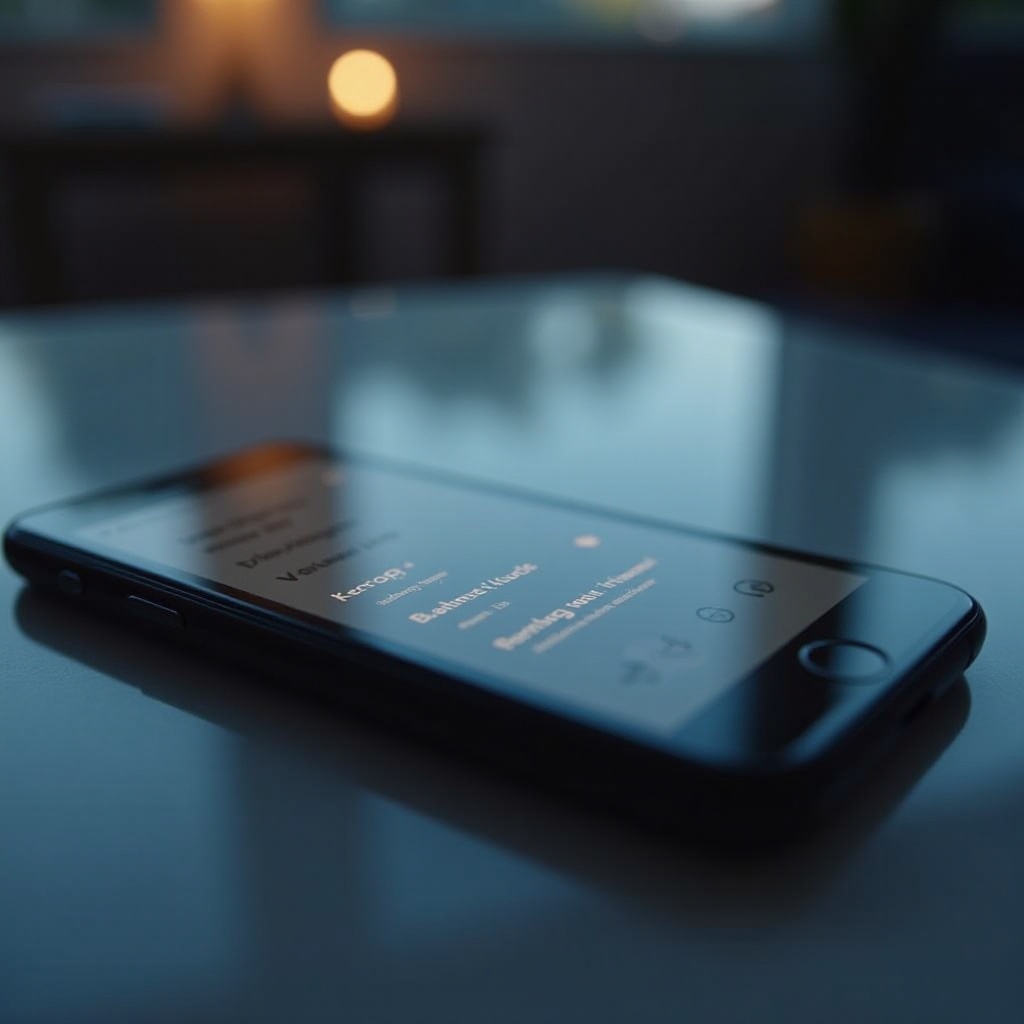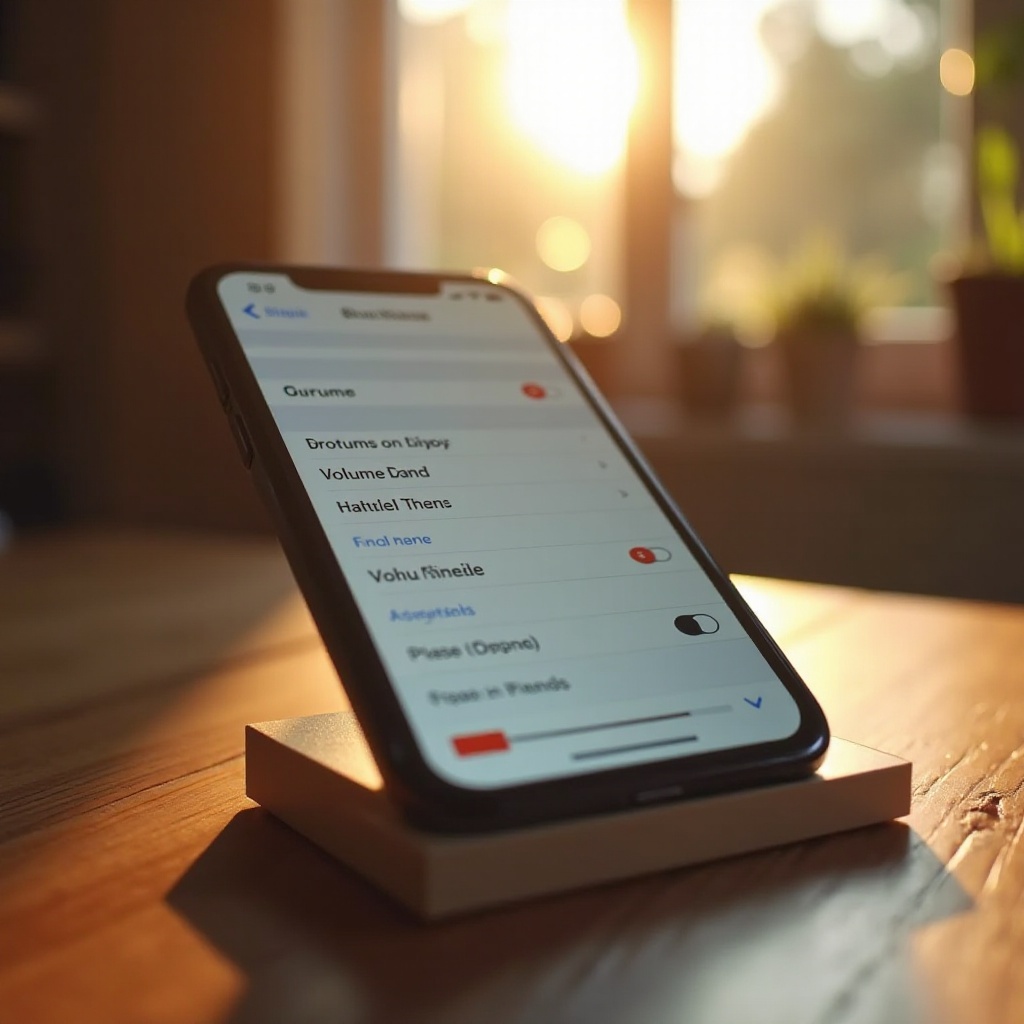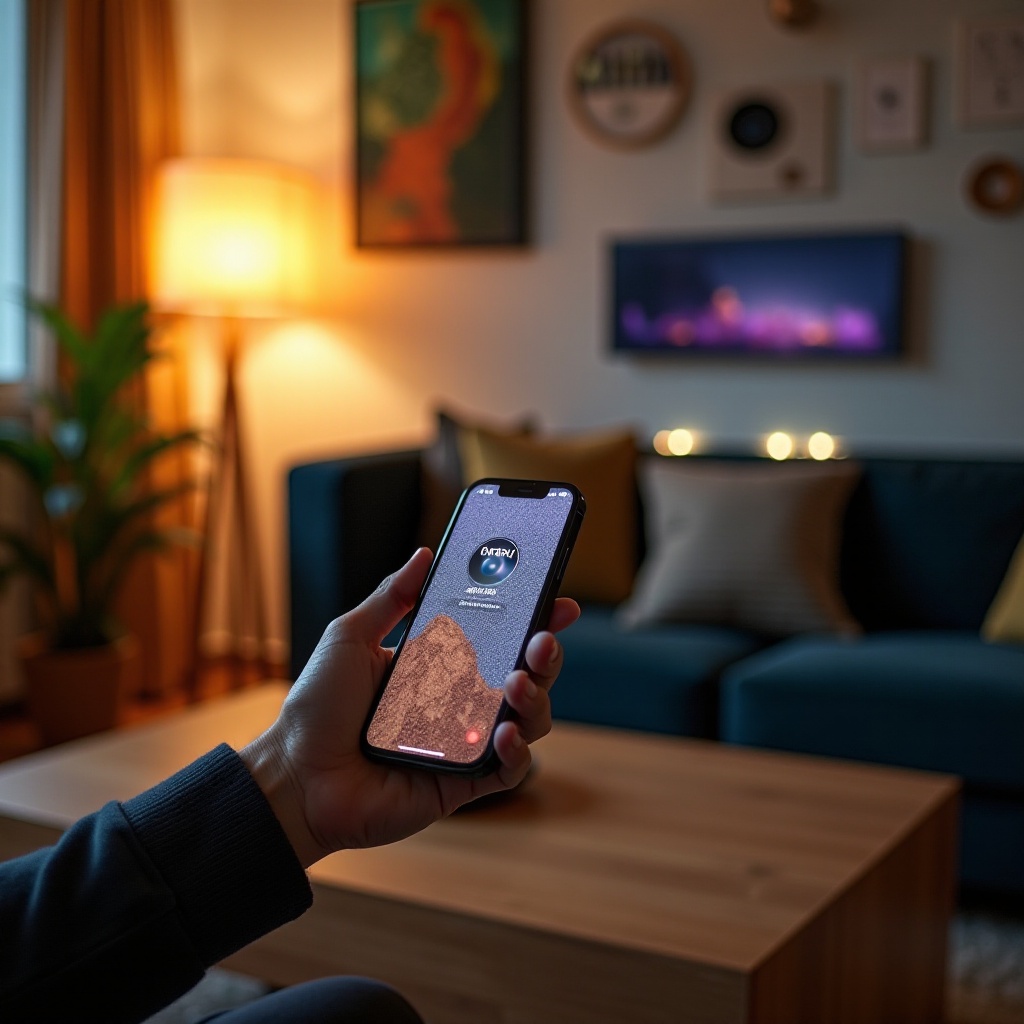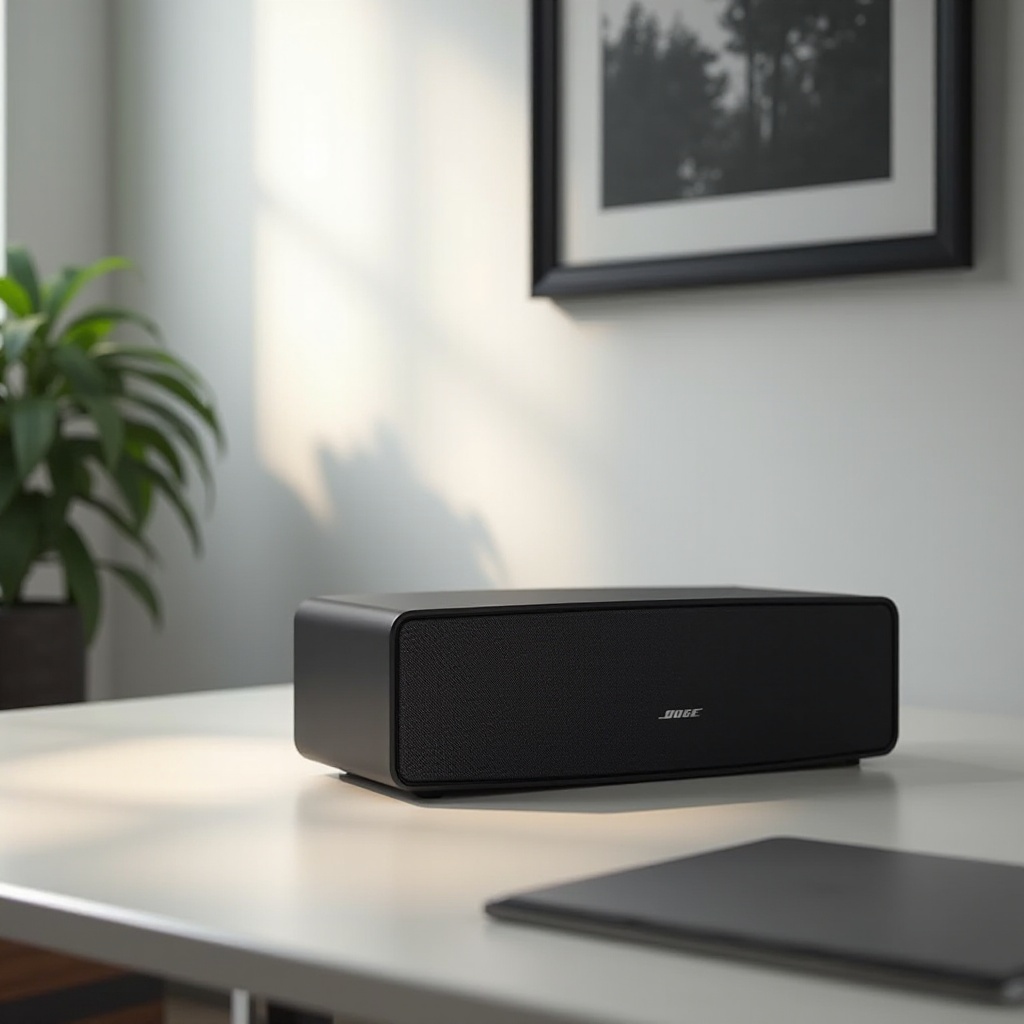Introduction
In today’s world, iPhones are more than just communication tools; they are our primary source for entertainment, music, and hands-free communication. To maximize these experiences, sometimes a higher volume is desirable. Many users seek ways to enhance the volume beyond what the integrated software permits. Fortunately, there are several techniques available that can help amplify the iPhone’s sound output. This guide will explore various methods to safely push your iPhone’s volume limits, offering you an immersive auditory experience.

Understanding iPhone Volume Limitations
Apple designs iPhones with volume restrictions to protect users from potential hearing damage and to maintain the quality of the device’s speakers over time. These limitations can be frustrating in loud environments where maximum volume still isn’t sufficient. Recognizing these constraints allows for safer manipulation. iPhone’s digital signal processing aids in controlling audio output, but often, they do not fully utilize their max potential in various scenarios, such as media playback or alerts. Learning how your iPhone manages sound is essential for effectively boosting volume while preserving audio fidelity.
Adjusting Built-in Settings for Maximum Volume
Before exploring external methods, tweaking your built-in settings could produce satisfactory volume enhancement:
- Volume Limit: Navigate to Settings > Music > Volume Limit, and ensure that the slider is set to its maximum.
- Sound Check: Disable Sound Check via Settings > Music. This function can cap audio peaks by normalizing tracks.
- Equalizer Settings: Access Settings > Music > EQ and select ‘Loudness’. This particular option can enhance softer sounds in your audio.
These adjustments subtly modify how audio is processed, potentially resulting in a more fulfilling audio output. Though the increase may be modest, such enhancements can contribute significantly to the listening experience.

Using Third-Party Apps to Enhance Volume
If changing system settings falls short, third-party apps can often provide additional volume enhancements.
Overview of Volume Enhancing Apps
Apps like Equalizer+ and Boom offer sophisticated equalizers along with sound effects that can uplift and refine music playback on your iPhone.
Installation and Configuration Tips
Install these apps from the App Store and ensure you allow necessary permissions to interact with your media. Fine-tune the equalizer settings inside the apps to tailor the sound profile to your preferences.
Pros and Cons of Using Apps
While these apps are adept at increasing volume, they might lead to faster battery drainage or slight audio distortion. Consider possible in-app purchases when opting for these solutions to ensure the best user experience without undue cost.
External Audio Solutions: Speakers and Headphones
Investing in high-quality external accessories is an alternative for those seeking remarkable volume increments.
Choosing the Right Accessories
Select Bluetooth speakers or headphones renowned for superior audio output, such as those manufactured by Bose or JBL. These gadgets can drastically boost your sound experience.
Connecting and Optimizing for Better Sound
Connect your iPhone with the selected accessory through Bluetooth settings. Many of these devices offer auxiliary apps for additional audio optimization to achieve optimal performance.
External solutions can deliver outstanding sound that bypasses the iPhone’s internal hardware constraints, providing a louder, clearer output.
Advanced Techniques: AirPlay and Smart Home Integration
Utilize AirPlay for streaming audio to smart home speakers or compatible devices, evading iPhone’s inherent volume limits. Linking your iPhone with smart home audio components can revolutionize your auditory experience. Smart speakers or complete sound systems offer a robust way to enjoy quality sound throughout your household.

Troubleshooting Common Volume Issues
If volume remains an issue, these solutions might help:
- Software Updates: Check for iOS updates as they might offer fixes for sound issue optimization.
- Clean Speakers: Dust accumulated on speakers can diminish sound performance. Ensure the speaker grills are free from debris.
- Reset Settings: Go to Settings > General > Reset > Reset All Settings. This action can resolve persistent sound problems.
Such troubleshooting methods can restore your iPhone’s audio performance to its optimal state.
Safety Considerations and Best Practices
While amplifying your iPhone’s audio, it is crucial to heed warnings regarding hearing health. Excessive volume settings can lead to long-term auditory damage. Ensure regular breaks at lower volumes to protect your ears and prolong the device’s effective use.
Conclusion
Increasing your iPhone’s volume beyond the standard maximum can notably improve your audio experience, whatever your usage scenario. Employing these methods can provide a richer and more enjoyable listening session when needed.
Frequently Asked Questions
Can adjusting the EQ settings damage my iPhone?
No, changing EQ settings will not damage your iPhone as these modifications only alter audio playback settings.
Are there any risks in using third-party apps for volume enhancement?
Using third-party apps may lead to potential audio distortion and higher battery consumption. Choose verified apps to prevent malware.
What should I do if my iPhone volume is still too low after trying these tips?
If your volume is unsatisfactory, consult Apple support or visit an authorized service provider for comprehensive diagnostics.


